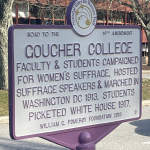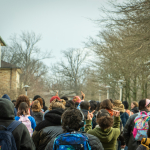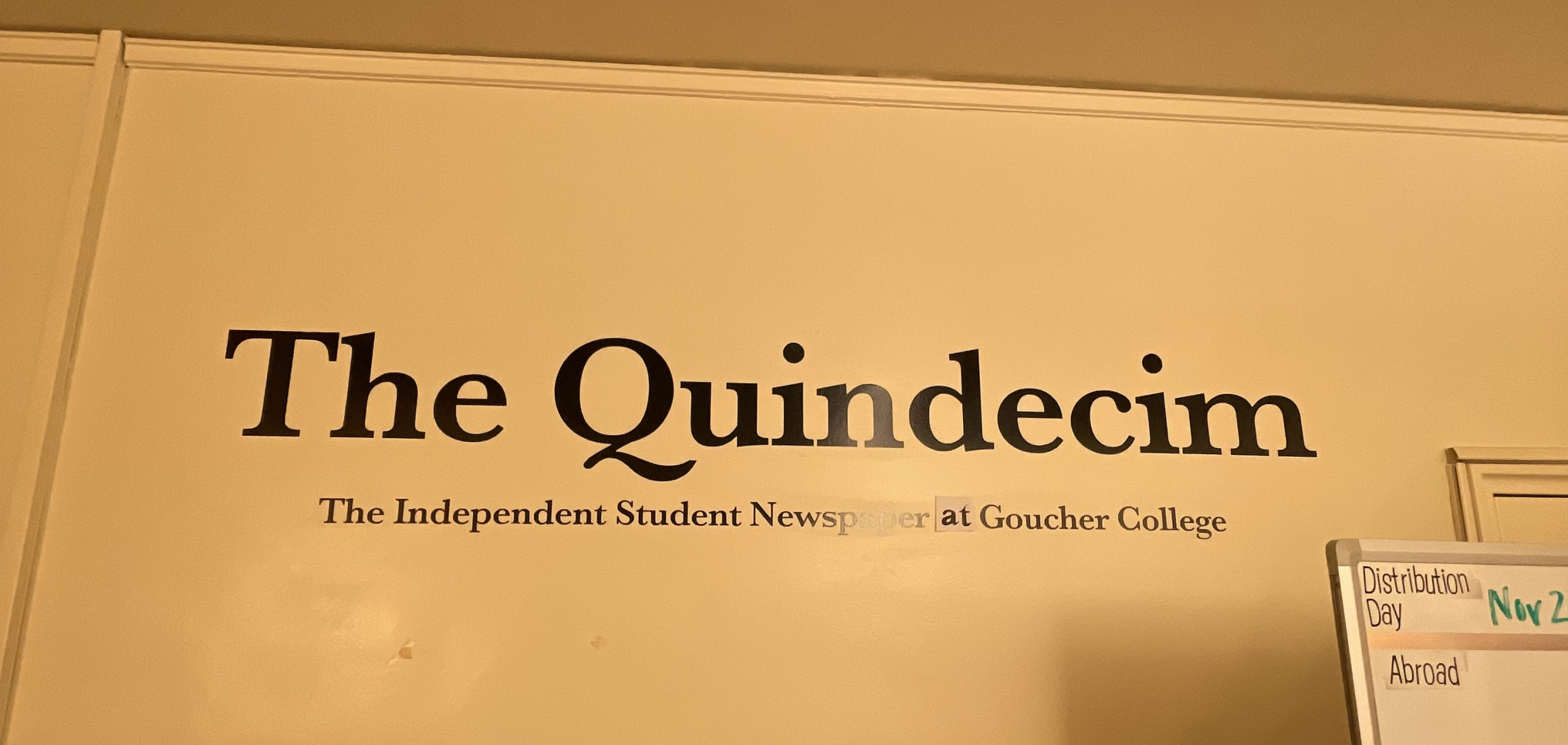Nostalgic Halloween Costumes For Your Duo or Group

Happy (almost) Halloween Gophers! This year, Halloween trends seem to reflect a need for nostalgia, specifically late 90s and early 2000s nostalgia. In the midst of the Barbenheimers and Travis and Taylor’s of the world, here’s some 2000s cartoon duo or group costume inspiration for Halloween 2023.
For The Girly Girls – The Spies from “Totally Spies!”
Sam, Alex, and Clover are here to save the day and your Halloween evening. They may be less well-known than other groups on this list, but they’re still iconic and incredibly easy since each spy has her own signature color palette. Bonus points if you add a “Jerry” to your group for a fully rounded cast.
For The Goth Girlies – The Hex Girls from “Scooby-Doo and The Witch’s Ghost”
An inspiration for some, the bi-awakening for many, the Hex Girls from Scooby-Doo are a great choice for those with lots of blacks, reds, and purple in their closet. If you’re a musician this is the perfect time to walk around with your bass or guitar for maximum realism. If you’ve got a ton of people in your friend group – you can of course add the original Mystery Incorporated into your pack.
For The Sweethearts – Eustace and Muriel Bagge from Courage The Cowardly Dog
Courage The Cowardly Dog is the stuff of nightmares, – we can question if as children we should have been watching it late at night back in the 2000’s but what we can’t question is how Eustace and Muriel are the perfect (oblivious) old married couple.
For The STEM Bros – Phineas, Ferb and Baljeet from Phineas and Ferb
Of course Phineas and Ferb rival actual architects for some of their inventions over the course of their 104 days of summer vacation, but we don’t give enough credit to Baljeet for how smart he is – see One Good Scare Ought To Do it.
For The Cultured Group – The Proud Family (and Dijonay) from The Proud Family.
This is a group that doesn’t even need a description, if you know you know. If you’re just a duo, Penny and Dijonay are perfect, but it’s honestly a disservice not to have BeBe, CeCe, and Suga Mama proud to up the chaos.
For The Hyper Femme Folks – The Main Fairies from The Winx Club
Absolutely no relation to the newest live-action adaption but what better excuse to absolutely douse yourself in color, glitter, and fake wings? The Winx Club girls are incredibly drag/gender-bend friendly as well.



















